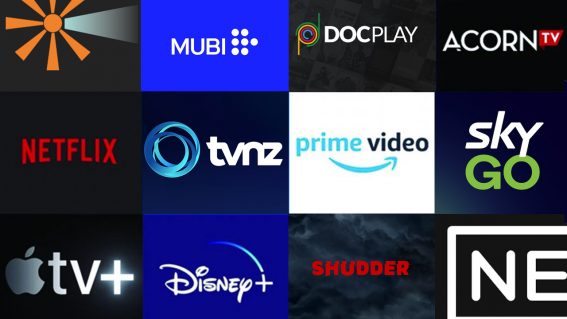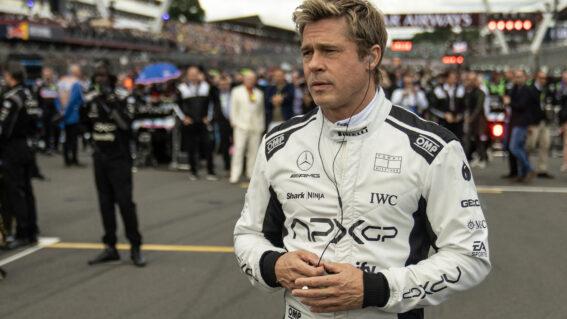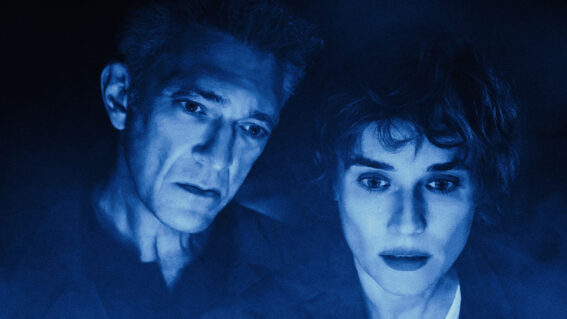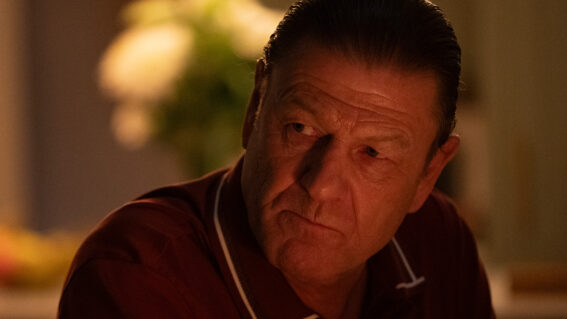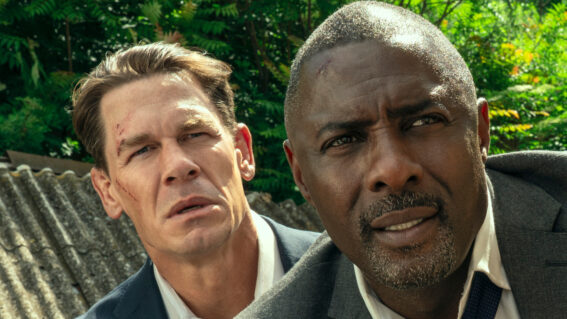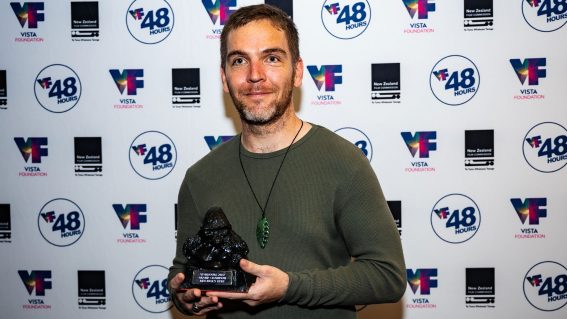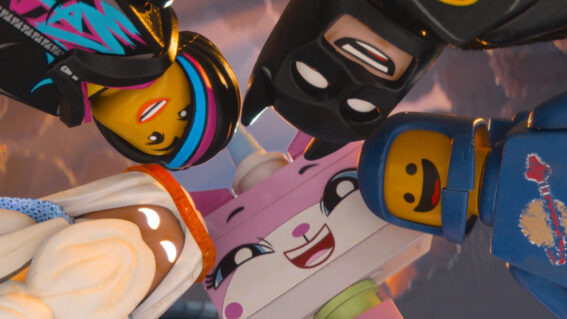“They were thrilled.” – ‘Pecking Order’ Director on Taking a Genuine Interest in Chook Fanciers
Last week saw the release of Pecking Order, the comedic Kiwi feature that looks at the competitive world of chicken breeding and the inter-club rivalries that brewed in the Christchurch Poultry Club during the lead-up to the New Zealand national championship. It’s a proven crowdpleaser and is currently playing in cinemas nationwide (find where and […]
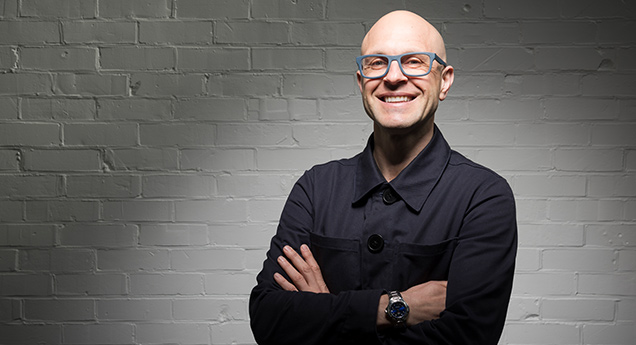
Last week saw the release of Pecking Order, the comedic Kiwi feature that looks at the competitive world of chicken breeding and the inter-club rivalries that brewed in the Christchurch Poultry Club during the lead-up to the New Zealand national championship. It’s a proven crowdpleaser and is currently playing in cinemas nationwide (find where and when it’s playing near you).
I got to chat to the film’s director Slavko Martinov about the film, breaking through the wall of Kiwi politeness, and a brilliant character that didn’t make the final cut.
FLICKS: Were you aware of the conflict arising in the Christchurch Poultry Club before you started filming ‘Pecking Order’?
SLAVKO MARTINOV: No. We started off with this idea of following the Best in Show with chickens – we didn’t even know which club it would be. There was an inevitability that we’d find many different layers of politics and meaning and all sorts of challenges in their lives. But it turned out that the Christchurch Club was a good fit from the start.
It took a while before cracks started to show. And then we started changing our attack, changing how we asked questions, the way we looked at things, to explore what was going on. Because they just never gave away much. Very, very dry people. Wonderful people, but just totally dry.
When you were seeing this unfold, obviously you had to keep a straight face. But were you secretly saying to yourself, “Yes! Drama!” Or did the drama feel awkward since you had gotten to know these people?
It was neither, really. At first, they were such closed books. Not deliberately. They’re just so… one word answers. Very polite, but when you ask them, “How competitive is it?” their response was always, “Oh, no. It’s not about the competition. We just like to hang out with our mates.”
It was only after listening to them about how they’d been breeding for decades, and how they’d take lines of birds handed down from decades of work from people who had done it before them, that you realise, “You’re bullshitting me.”
I’d just call them on it. I had gotten close enough to be able to say, “I think you’re just talking shit, right? There’s no way you go through what you go through if it’s not competitive.” Once you push back with them, they think that’s hilarious and they start opening up. You realise that’s their language and how they talk to each other. Messing with each other. And they were messing with me.
So I slowly worked my way in and was able to ask more questions. They were thrilled that people were genuinely taking an interest in their passion.
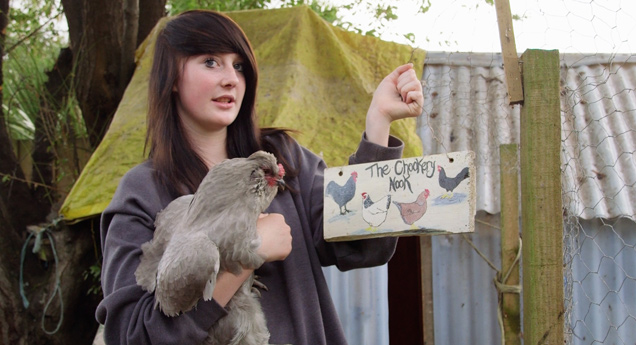
There’s obviously a lot of cutting that goes on in the editing room. Was there one cut, or one that you can think of, that devastated you?
That’s a terrific question. You get to a stage where you do your offline, and you’re supposed to be coming in at 85 minutes, right? We had an offline of about 110, and we were really happy with this.
We understand something’s going to have to go. But we also know it’s not going to be small things – it had to be something big. We’re going to have to start drowning puppies.
We sent it away to our other producer who we’d deliberately kept out of the picture until he got to that point so he had totally fresh eyes. And he came back and said, “You have to lose an entire character. And it’s going to be Russell Smith.”
He was actually the best character, and we were really shocked at that. But our producer had very carefully studied the script and pointed out that even though everything he said was magical, hilarious, and great, he’d not said anything that someone else hadn’t already covered, meaning if he completely didn’t exist, no audience will ever know he was there. And he was dead right.
It was extremely hard to take. Russell could sustain his own TV series. He was that great. So that really hurt, but it had to be done.
Were you ever worried that there might not be much conflict to sustain a feature film?
No. I would never embark on anything where I wasn’t assured of that. I’d found out enough to know that there was inter-club rivalries, so that’s where the film was going to be based. We knew who all the players were, and so we were going to go out and film all these different clubs and set up what it meant to them.
Before they ever got to nationals, there would have been a lot of conflict brewing and people set up against each other. Winning Best Bird in Show is great – a terrific honour. But nothing means more to them than winning the national championship for their specific breed. That’s their specific thing, and they take enormous pride and it means so much. It was always going to pay off in that regard.
Once you know how much something means to someone, it’s not that year – it’s decades. Their entire life is spent trying to breed that particular bird for that moment. It means the world to them. So your conflict was always going to be there one way or another. It just turned out to be political and in the club.
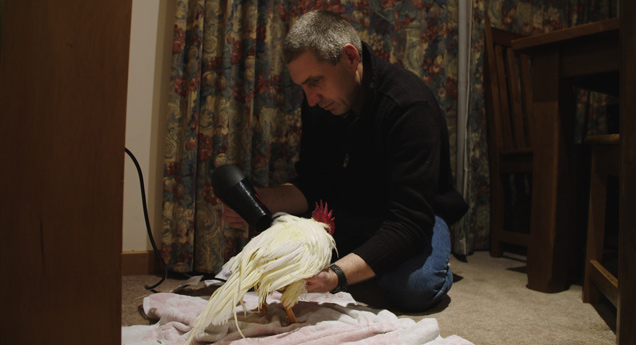
What I find beautiful about that is this sense of competition. It seems absurd when we place it in parallel to chicken breeding and yet we find it perfectly acceptable for a game where a bunch of grown adult men smash into each other chasing after an oval ball.
I hear you on that one [laughter]. Yeah, which is more absurd?
But let’s also put it this way: everyone’s got their own thing, right? Everyone’s got their own obsession. Most New Zealanders are completely obsessed about grown men smashing into each other chasing an oval ball, which I find kind of insane. But I don’t judge it either. These people just happen to be completely obsessed about breeding the perfect bird.
That’s why, too, the Film Commission were like, “Whatever you do, don’t mock these people.” And I was always kind of shocked by that. I thought, “Why would I?” I just wouldn’t in the first place. But also in film-making terms, you’d already have lost if you have to mock someone. Far better to try and understand what motivates them and find the beauty in something even if you do find that absurd.
This same way, if I went into rugby to do the Richie McCaw film, for example, I would look at that. I would put aside whatever I thought about rugby and go exploring what’s beautiful, or inherently magical, or different about it. As soon as you mock someone, you’ve lost.
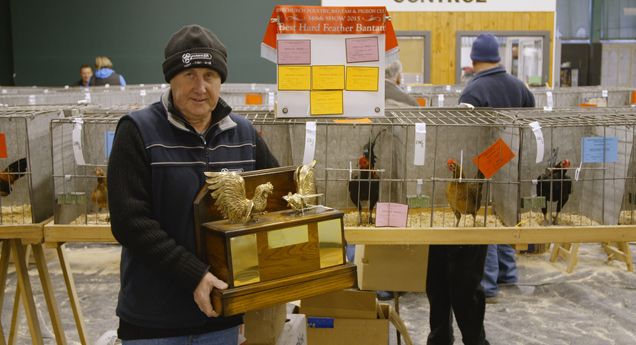
When the coup arises, a lot of fingers get pointed. The finger even gets pointed at you at one point. Were you ever tempted to flip the camera and defend yourself?
No. That’s a good question, though. I was trying to really keep out of the way, and so I think there’s only maybe two or three times where you’ll even hear me asking questions off-camera, which was quite deliberate.
I think there was one scene where Marina, I think it is, mentions, “I was suspicious why you weren’t out there filming.” That’s beautiful. You don’t need to be present at all, just keep out of the way.
Talking to people who have seen the trailer, the one reaction I keep hearing is, “Wait… this is all actually real?”
Great, awesome. One of the greatest things you can ever hear, if not the best, when you make documentaries, is for someone to ask you if it’s real. If it’s enough to make someone doubt what they’re even seeing, it’s the finest compliment we can possibly receive. I’ve had a few people come back and straight up say to me, “Is that real?” And that thrills me.
We wanted to have a slight mockumentary tone but be very careful about it. Very subtle. Because absolutely everything in it is legitimate. Nothing was staged. Nothing was set up or mocked. Not a thing. So that pleases me to hear that.
‘Pecking Order’ is now playing in cinemas nationwide | Read Alex Casey’s review





